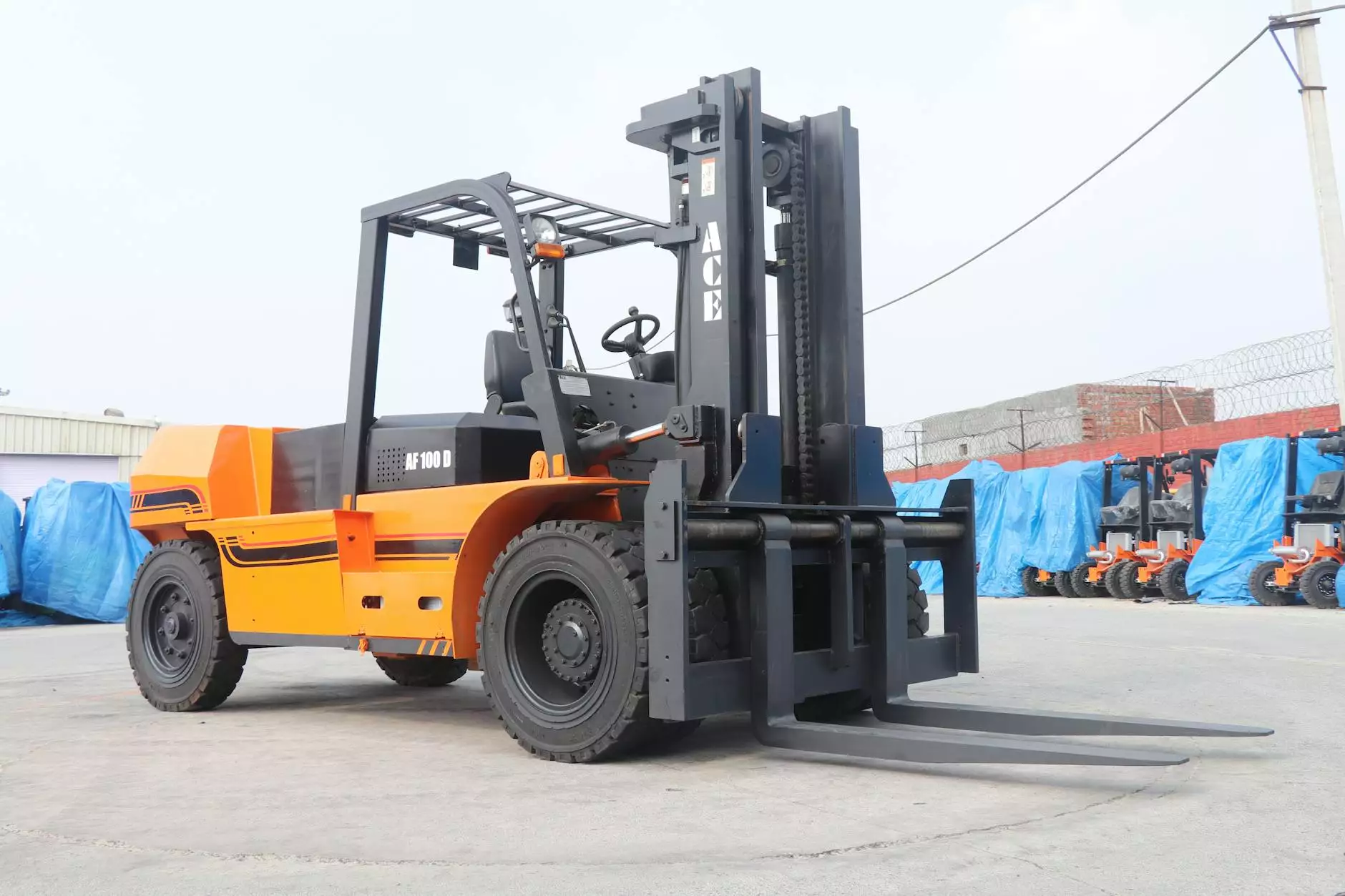Understanding the Role of **Japanese Auto Parts Suppliers** in the Automotive Industry

The global automotive market is a complex web of manufacturers, suppliers, and distributors. At the heart of this ecosystem are Japanese auto parts suppliers, known for their exceptional quality and reliability. This article aims to provide an in-depth look at why these suppliers are crucial for businesses and consumers alike.
The Legacy of Japanese Automotive Engineering
Japanese automotive industry has a long-standing reputation for excellence. Brands like Toyota, Honda, and Nissan have set high standards in manufacturing, engineering, and innovation. When it comes to auto parts, the same ethos is reflected in the practices of Japanese auto parts suppliers.
- World-Class Engineering: Employing advanced technologies to ensure precision and reliability.
- Quality Assurance: Implementing rigorous testing processes to guarantee the finest quality.
- Innovation: Continually improving designs to enhance performance and durability.
Benefits of Sourcing from Japanese Auto Parts Suppliers
When businesses consider suppliers for automotive parts, opting for a Japanese auto parts supplier can offer numerous advantages:
1. Superior Quality
Quality control is paramount in the automotive industry. Japanese suppliers are known for their meticulous processes that ensure every part meets exceptional quality standards. This commitment to quality means that automakers can reduce the risk of defects and faults in their vehicles.
2. Reliability and Consistency
Reliability is another hallmark of Japanese auto parts suppliers. These suppliers consistently deliver products that meet the specifications and performance requirements needed in today's competitive automotive landscape. This consistency helps companies to build a reliable inventory and ensures customer satisfaction.
3. Competitive Pricing
While it’s true that you get what you pay for, Japanese auto parts suppliers often offer competitive pricing without sacrificing quality. By streamlining production processes and leveraging economies of scale, these suppliers make it possible for businesses to maintain profitability while delivering exceptional products.
4. Wide Range of Products
Japanese auto parts suppliers provide a vast array of components ranging from engines and transmissions to electronic systems and body parts. This diversity allows businesses to source all their needs from a single supplier, simplifying the supply chain and improving operational efficiency.
Navigating the Selection Process for Suppliers
Selecting the right Japanese auto parts supplier requires careful consideration of several factors:
1. Research Supplier Reputation
Look for suppliers with a proven track record in the industry. Checking reviews, case studies, and testimonials can provide valuable insights into their reliability and the quality of their products.
2. Assess Quality Assurance Practices
Inquire about their quality control measures. Reliable suppliers invest in quality assurance practices that ensure all parts meet strict specifications.
3. Evaluate Their Product Range
It’s beneficial to work with a supplier that offers a comprehensive range of products. This leverage allows you to stock various parts without needing multiple suppliers.
4. Understand Their Delivery Capabilities
Timely deliveries are crucial in the automotive industry. Ensure that your supplier can meet your demands without delays. Understanding their logistics processes can provide reassurance.
5. Analyze Pricing Structures
Affordable pricing is vital, but it’s essential to ensure that low prices do not come at the cost of quality. Compare quotes from multiple Japanese auto parts suppliers to find a balance between cost and quality.
Leveraging Technology in the Supply Chain
In today’s digital landscape, technology plays a pivotal role in shaping the interactions between Japanese auto parts suppliers and their clients:
1. Inventory Management Systems
Modern suppliers use sophisticated inventory management systems to track stock levels, predict demand, and automate reordering processes. This technology ensures that businesses can maintain adequate inventory levels without overstocking.
2. Online Ordering Platforms
Many suppliers now offer online ordering platforms that allow businesses to place orders quickly and conveniently. This streamlined process enhances efficiency and helps in reducing lead times.
3. Data Analytics
Leveraging data analytics enables suppliers to optimize their operations significantly. By analyzing sales trends and customer preferences, they can adjust their offerings to better meet market demands.
Building Strategic Partnerships with Japanese Auto Parts Suppliers
Creating a strategic partnership with a Japanese auto parts supplier can yield significant dividends:
1. Joint Development Initiatives
Working closely with suppliers allows for joint development projects where both parties can collaborate to enhance product designs or innovate new solutions. This synergy can lead to groundbreaking advancements in automotive technology.
2. Enhanced Communication
By fostering open communication, businesses can address any concerns or requirements with their suppliers, leading to improved service and product alignment.
3. Long-Term Cost Savings
While initial procurement costs may appear higher, a committed partnership can lead to long-term cost savings through bulk purchases, reduced lead times, and higher quality products that minimize customer returns.
The Future of Japanese Auto Parts Supply Industry
The future of the Japanese auto parts supplier industry looks promising, driven by several trends:
- Electrification: As the automotive industry shifts toward electric vehicles (EVs), Japanese suppliers are innovating new parts tailored for EV technology.
- Sustainable Manufacturing: A heightened focus on environmentally friendly practices is prompting suppliers to adopt sustainable materials and production methods.
- Global Expansion: With growing demand for high-quality auto parts, many suppliers are looking to expand their reach into emerging markets.
Conclusion
In summary, partnering with a Japanese auto parts supplier can tremendously benefit automotive businesses. The combination of superior quality, reliability, and innovative practices positions these suppliers as ideal partners in a competitive market landscape.
As the automotive industry continues to evolve, maintaining a robust relationship with Japanese auto parts suppliers, such as 1autoparts.com, will ensure that businesses are well-equipped to face future challenges and leverage new opportunities. The focus should not only be on sourcing quality parts but also on building lasting partnerships that drive continuous improvement and innovation in the global automotive landscape.









